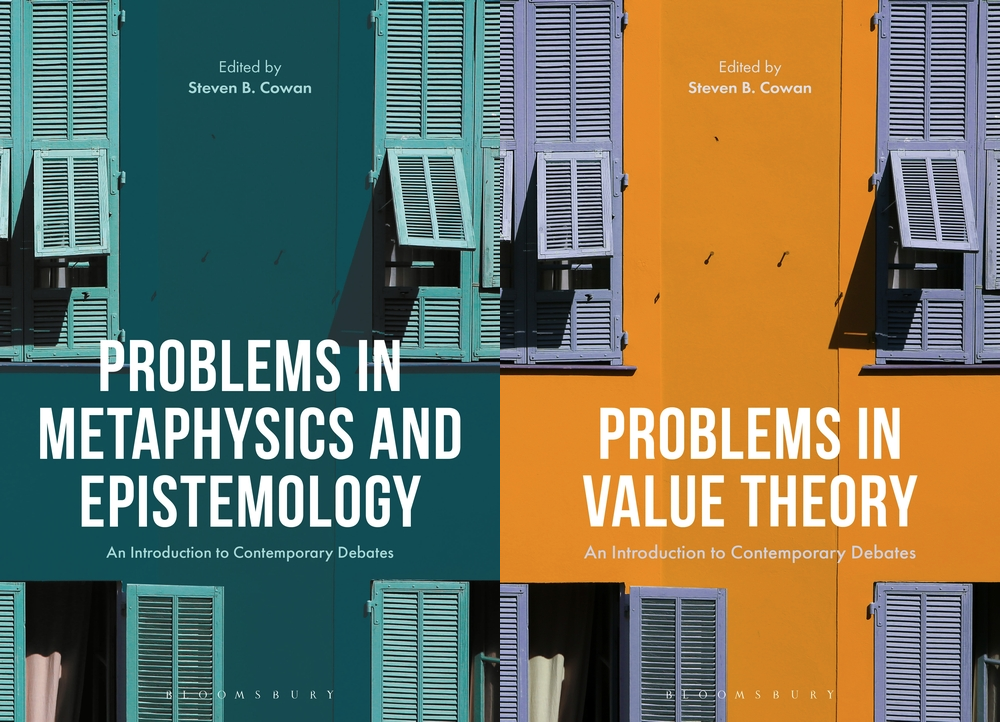
Three songs of dystopia and resistance:
155. The Who, “Won’t Get Fooled Again” (1971):
156. Leslie Fish, “Firestorm” (1989):
157. Muse, “Resistance” (2009):

Three songs of dystopia and resistance:
155. The Who, “Won’t Get Fooled Again” (1971):
156. Leslie Fish, “Firestorm” (1989):
157. Muse, “Resistance” (2009):
A long-awaited anthology I’m scheduled to appear in (with a couple of pieces on the question “Do We Need Government?”) has now, I hear, been split into two – one volume on metaphysics and epistemology, and the other on ethics, æsthetics, and politics – and in that form (and with a bunch of historical selections deleted) is/are finally slouching toward publication; see the tables of contents here and here. Some old friends are in it/them too, as you’ll see (if you know who my old friends are).
I’m told: “The eText will be coming out in February [2020], with hard copies soon to follow.”

Stat rosa pristina nomine; nomina nuda tenemus.
From The Taming of the Shrew to a very different Shakespearean romance: Romeo and Juliet (“Shakespeare: The Animated Tales,” 1992):
(They’re nice enough, but they’re still no Beatrice and Benedick.)
And here’s a song (lyrics not by Shakespeare) from the 1968 movie version:

Two post-apocalyptic dream songs:
153. Bob Dylan, “Talkin’ World War III Blues” (1963):
154. The Decemberists, “Calamity Song” (2011):
The Taming of the Shrew (“Shakespeare: The Animated Tales,” 1994) is an ugly portrait of courtship and marriage – but an insightful study of brainwashing.
Interestingly, the ending of this animated version, where the opening framing device is returned to at the end, seems to be borrowed from The Taming of A Shrew, a variant play of unknown authorship whose relation to Shakespeare’s The Taming of THE Shrew (where the opening frame is simply abandoned before the end) is a matter of scholarly debate.
And to get the taste of all that out of your mouth, I recommend a few scenes of my favourite Shakespeare couple, Beatrice and Benedick, in my favourite version thereof (and one of my favourite Shakespeare movies) – a mutual taming, without violence, domination, or dehumanisation:
There’s long been dispute as to whether Taming represents Shakespeare’s own views of women and marriage or not. But in my judgment, if those were his own views he could not have created the Beatrice/Benedick romance – as well as such other compelling, independent-minded female characters as Portia, Olivia, Cordelia, Rosalind, etc.

Two songs that … oh, what the hell. Here they are.
151. Deep Purple, “Space Truckin’” (972):
152. Alphabeat, “Fantastic 6” (2007):
Major Tom gets a name check, FWIW.
| M | T | W | T | F | S | S |
|---|---|---|---|---|---|---|
| 1 | ||||||
| 2 | 3 | 4 | 5 | 6 | 7 | 8 |
| 9 | 10 | 11 | 12 | 13 | 14 | 15 |
| 16 | 17 | 18 | 19 | 20 | 21 | 22 |
| 23 | 24 | 25 | 26 | 27 | 28 | 29 |
| 30 | 31 | |||||